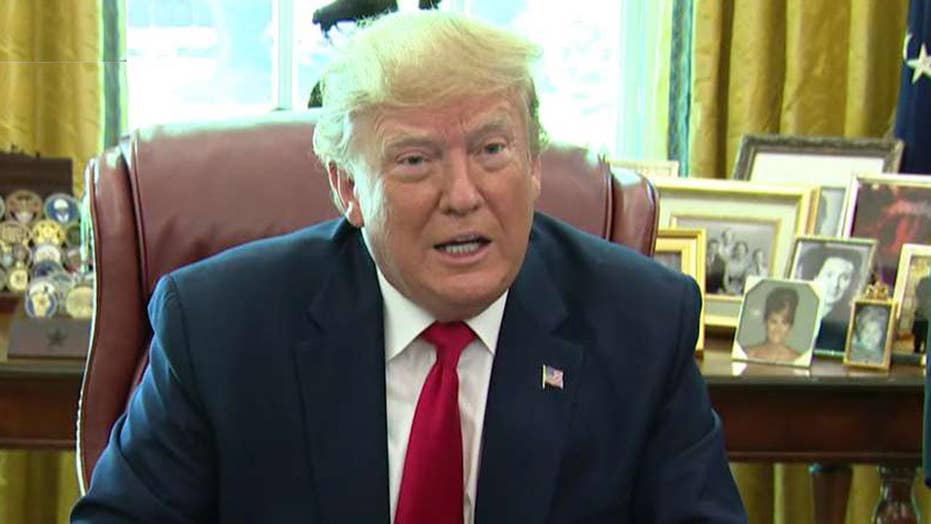The geopolitical landscape continues to evolve as new sanctions against Iran have been implemented, sparking a fervent debate over their implications. These measures, characterized as ‘hard-hitting,’ aim to stymie Iran’s nuclear ambitions and curtail its regional influence. However, they also usher in a plethora of questions regarding the efficacy and broader ramifications of such actions.
The genesis of these sanctions lies in the longstanding apprehension surrounding Iran’s nuclear program. One cannot overlook the anxiety that permeates the concerns of Western nations, who view any advancements in Iran’s nuclear capabilities with trepidation. With the sanctions now imposed, the international community is alerted to a paradigm shift in diplomatic strategies and intelligence approaches. The expectation is not merely to limit Iran’s nuclear developments but to catalyze a transformation in its foreign policy orientation.
As the sanctions take effect, a salient feature emerges: the potential for a rift within Iran’s political dynamics. Domestic unrest is often exacerbated by external pressures, leading to a critical juncture where the populace may question the government’s priorities and its engagement with the global community. Public dissent could force the Iranian leadership to reconsider its hardline stance, potentially opening avenues for diplomatic dialogue previously thought unattainable.
Moreover, the sanctions carry the weight of moral considerations. While they are designed to deter aggression, can they be seen as collective punishment against the Iranian populace? The economic stranglehold on Iran raises ethical dilemmas that policymakers must grapple with. The humanitarian impact of such sanctions could fuel further resentment towards Western nations, potentially entrenching the prevailing animosities rather than alleviating them.
Simultaneously, the ramifications extend beyond the Iranian borders. Regional allies may find themselves ensnared in the geopolitical quagmire, forced to navigate the dichotomy between their strategic partnerships with Iran and the requirements of their alliances with Western countries. This complex tapestry of relations fosters uncertainty, as nations weigh their economic interests against the backdrop of international pressure.
As global responses to these sanctions unfurl, one must remain vigilant in observing the interplay of regional politics and the economic stability within Iran. The sanctions could provoke a myriad of reactions—some predictable, and others incalculable. Would Iran capitulate to the pressures or entrench itself further in its defiance? The ensuing developments will undoubtedly be pivotal in shaping the trajectory of not only Iran but also its relations with neighboring states and the broader international community.
In essence, the challenge remains: how will these sanctions shape the future of Iranian diplomacy and its role on the global stage? As the situation unfolds, the world watches with bated breath, all too aware that the implications of these ‘hard-hitting’ sanctions are far-reaching and complex.
